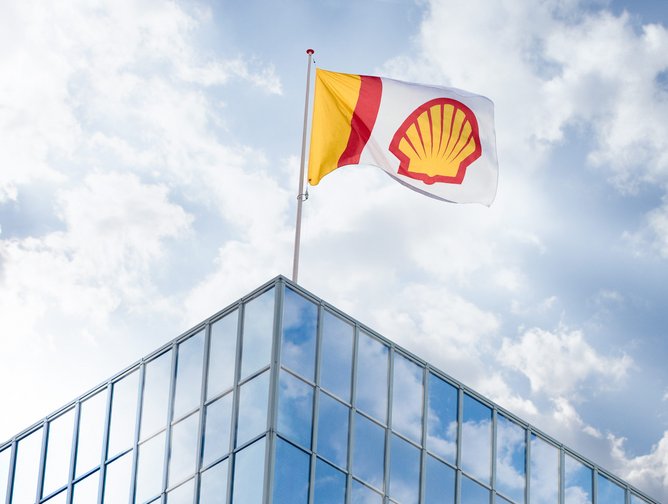
The supply of SAF to Singapore will allow airlines to begin blending — the process of combining SAF with conventional jet fuel to utilise its emissions reduction quality — in a ratio as high as 50%. With an operational blending facility in the region comes the added benefits of producing ready-to-use low-emission fuels for airlines. “Today’s announcement (17th of February) is an example of how we are building the capabilities now to accelerate the use of SAF in Asia,” said Jan Toschka, Global President of Shell Aviation.
“We want to become a sustainability leader in this important market. Alongside investing in our capabilities to produce SAF, we are also focused on developing the regional infrastructure needed to get the fuel to our customers at their key locations. Through leveraging our extensive refuelling network, I am proud that we are helping our customers to decarbonise by becoming the first supplier of SAF in Singapore.”
Positive outlook for sustainable aviation in Asia
The SAF that Shell provides is made from waste products and sustainable feedstocks that can be blended with conventional fuel to reduce emissions. Some SAF products on the market — including Shell’s solution — have been able to reduce emissions from planes by up to 80%.
“Aircraft emissions and airport activities contribute to an airport’s carbon footprint,” says Lee Seow Hiang, Chief Executive Officer of Changi Airport Group (CAG).
“Changi Airport believes that SAF is one of the keys to [unlocking] the future to a more sustainable air travel industry. We are committed to working actively with airlines, industry players and government agencies on the adoption of SAF with the goal of advancing Changi Airport as a sustainable aviation hub.”
The successful supply of SAF to Asia cements Shell’s commitment to sustainability and bodes well for its plans to reach a yearly production amount of two million tonnes by 2025. In partnership with Chemicals Park Singapore, situated on Pulau Bukom, Shell Energy has plans for a biofuels facility that will be capable of producing 550,000 tonnes of low-carbon fuels each year.